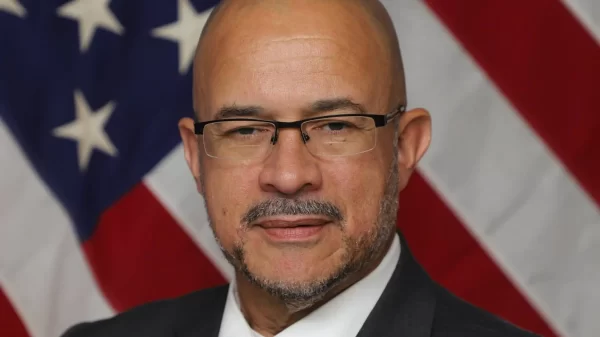By Bill Britt
Alabama Political Reporter
For several years, lawmakers from Birmingham, Jefferson and surrounding counties have engaged in a turf war to reform the Birmingham Waterworks Board (BWWB). Even now, as the much sought after reforms have become law, as of January 1, 2017, the fight to maintain the status quo continues in backrooms and courtrooms. “Like the sewer debacle, it may require law-enforcement to finally clean up the mess that is the Water Board,” said a lawmaker, speaking on background, while referencing multi-count indictments over the Jefferson County sewer construction scandal in 2005.
The Birmingham City Council has covetously controlled the Board but in 2014, Sen. Jabo Waggoner (R-Vestavia) and Rep. Paul DeMarco (R-Homewood) pushed legislation to reshape the board and bring it under the State Ethics Laws. That effort failed, when Republican lawmakers, with the urging of then-House Speaker Mike Hubbard, rebuffed the reform measures.
Shortly before the 2014 Legislative Session, BWWB hired Rebecca G. DePalma of the White, Arnold, and Dowd law firm to provide governmental affairs and public relations for the tidy sum of $60,000.
During the same period, the firm’s lead partner, J. Mark White, served as Hubbard’s criminal lawyer. Hubbard would later be found guilty on 12 counts of felony public corruption.
The legislation finally passed in 2015, due to the efforts of Waggoner, Rep. David Standridge and others, but was rejected by some of the current leadership of the BWWB who strongly opposed it and challenged its constitutionality. In early December, however, Jefferson County Circuit Judge Robert Vance Jr. ruled that the legislation SB89, sponsored by State Senator Jabo Waggoner (R-Vestavia) to expand the BWWB, passed and the provision became law on January 1, 2017.
“The fight is still on,” said a Birmingham insider who spoke to us on conditions of anonymity. “Some of the current board members don’t want to see a leadership change, but the new guys do, and this means they have to convince one of the new ones to join the old ones.”
Under the new legislations, the Birmingham City Council has four appointments: the Birmingham Mayor (2), the Mayor’s Association of Jefferson County (1), and Blount and Shelby County Commissions (1 each), which takes away the power advantage from the city council.
According to this insider, some on the Birmingham council are wooing newly appointed board member and Blount County attorney, Brett King. According to sources inside, King has been targeted by the old guard for compromise by a promise of money for Blount County. Calls to King’s office were unanswered.
King became a board member under the new legislation which gave appointments to Blount and Shelby Counties, along with the Mayor’s Association of Jefferson County. An additional two appointments were given to the Birmingham Mayor under legislation sponsored by Rep. Oliver Robinson, who recently resigned from the House citing his daughter’s work for Gov. Robert Bentley.
During summer 2016, the Special Prosecution Division of the Attorney General’s Office, under the direction of Matt Hart, opened a Special Grand Jury investigation in Jefferson County. Many believe that the Special Grand Jury is looking into allegations of wrong doing that may involve the Water Works Board.
There is also wide speculation that Robinson’s sudden departure from the House is related, in some way, to the investigation. An individual with a working knowledge of how Hart operates said he believes Hart, on occasion, will give a lawmaker the opportunity to resign from public office with the agreement to cooperate in a criminal investigation, rather than face indictment (Robinson says he resigned over family matters).
Other reforms under the new law limit the terms of all board members (including members appointed before this Act became applicable to the board), limits the compensation and expenses of the board members and specifies that the board members would be covered by the State Ethics Law and cannot be elected officials. It also provides for notice of public hearings before the board adopts any rate increase and specifies that the board would be subject to the Alabama Open Meetings Act.
Board compensation is now limited to $1000, per month, according to Waggoner, who said in a phone interview, “Some of those folks were making good money for a part-time job.”
He also said he hopes the new board will represent a long needed change in the way it operates. A meeting is reportedly set for this Wednesday when new leadership will be chosen.




















































